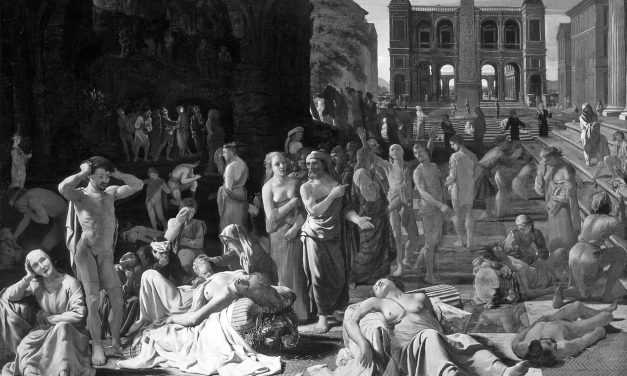Flattening the Curve: How to slow fear from spreading faster than COVID-19
By Jacek Debiec, Assistant Professor / Department of Psychiatry; Assistant Research Professor / Molecular & Behavioral Neuroscience Institute, University of Michigan As cases of COVID-19 proliferate, there is a pandemic of fear unfolding alongside the pandemic of the coronavirus. Media announce mass cancellations of public events “over coronavirus fears.” TV stations show images of “coronavirus panic shopping.” Magazines discuss attacks against Asians sparked by “racist coronavirus fears.” Due to the global reach and instantaneous nature of modern media, fear contagion spreads faster than the dangerous yet invisible virus. Watching or hearing someone else who’s scared causes you to be...
Read More















